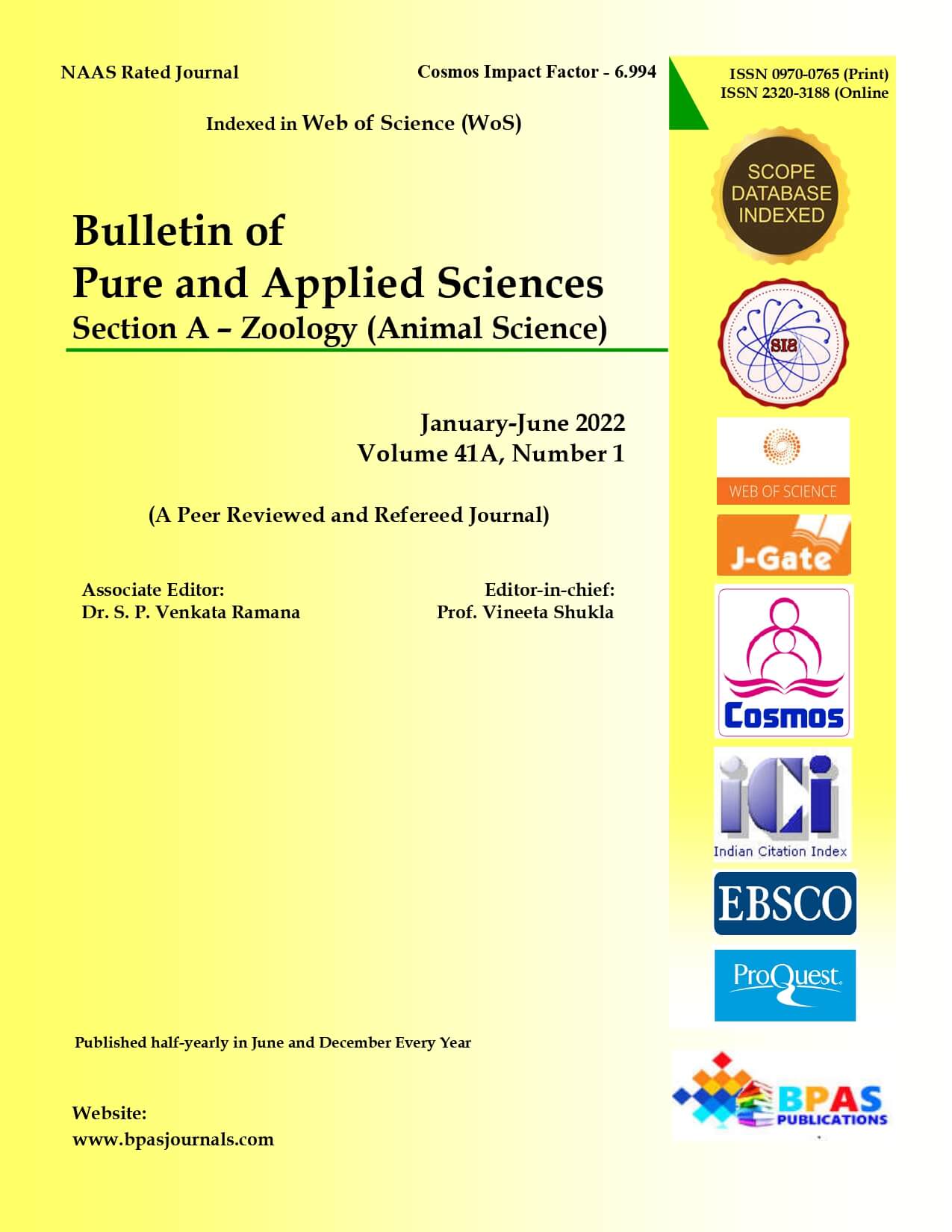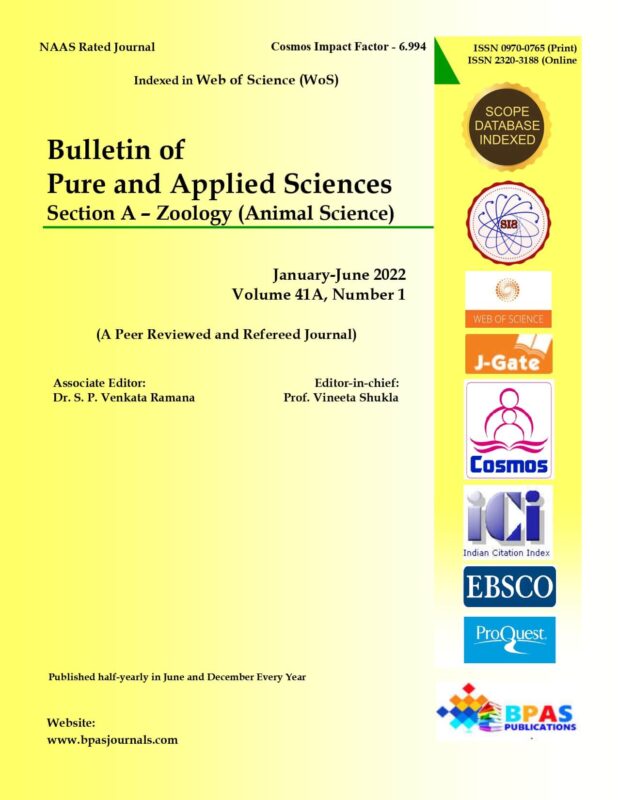View cart “Wnt, BMP and Sox Mediated Gene Dysregulationvia Endocrine Disrupting Chemicals BPA and BPS; Studies in Neurogenesis and Alteration in Brain Activity: A Review” has been added to your cart.
Oxidative Stress in Plasmodium: Role of Glutathione Revisited
9.38$
Year : 2022,
Volume & Issue : BPAS-Zoology 41A(1), JAN-JUN 2022
Page No. : 149-157,
Article Type : Review Aticle
Article DOI : 10.5958/2320-3188.2022.00018.3
Article Info: Received on 21.08.2021 Revised on 26.12.2021 Accepted on 15.01.2022 Published on 15.06.2022
Categories: 41A(1), JAN-JUN 2022, BPAS-Zoology
Description
Description
Gaurav Kapoor
Author’s Affiliation : Department of Zoology, Rajkiya Kanaya Mahavidalaya (RKMV), Shimla-171001, Himachal Pradesh, India.
Corresponding Author : Gaurav Kapoor Department of Zoology, Rajkiya Kanaya Mahavidalaya (RKMV), Shimla-171001, Himachal Pradesh, India.,
E-Mail:-drgauravkapur.hpu@gmail.com
Abstract
Malaria is still one of the three leading infectious disease in the world. Plasmodium, unicellular eukaryotic parasite responsible for the disease is under immense oxidative stress during the erythrocytic stages of its life cycle. The parasite overcomes the oxidative stress generated endogenously and by host immune system through its antioxidant and redox systems. Plasmodium possesses glutathione and thioredoxin redox systems with overlapping but distinct functions that help it to maintain redox state. Glutathione is the most abundant low molecular weight thiol redox buffer in all living cells that is detrimental for the maintenance of intracellular redox status. Glutathione functions as an antioxidant protecting cells against the deleterious effects of oxidant free radicals and also in detoxification process reactions in parasite. Interfering with glutathione redox system of parasite can be a novel way to combat the disease. The present review describes the recent findings in role and mechanism of glutathione in maintaining the redox status during oxidative stress in infection with Plasmodium.
How to cite this article: Kapoor G. (2022). Oxidative Stress in Plasmodium: Role of Glutathione Revisited. Bulletin of Pure and Applied Sciences-Zoology, 41A (1), 149-157.
Keywords Malaria, Plasmodium, Glutathione, Antioxidant, Oxidative stress.
How to cite this article: Kapoor G. (2022). Oxidative Stress in Plasmodium: Role of Glutathione Revisited. Bulletin of Pure and Applied Sciences-Zoology, 41A (1), 149-157.
Keywords Malaria, Plasmodium, Glutathione, Antioxidant, Oxidative stress.


